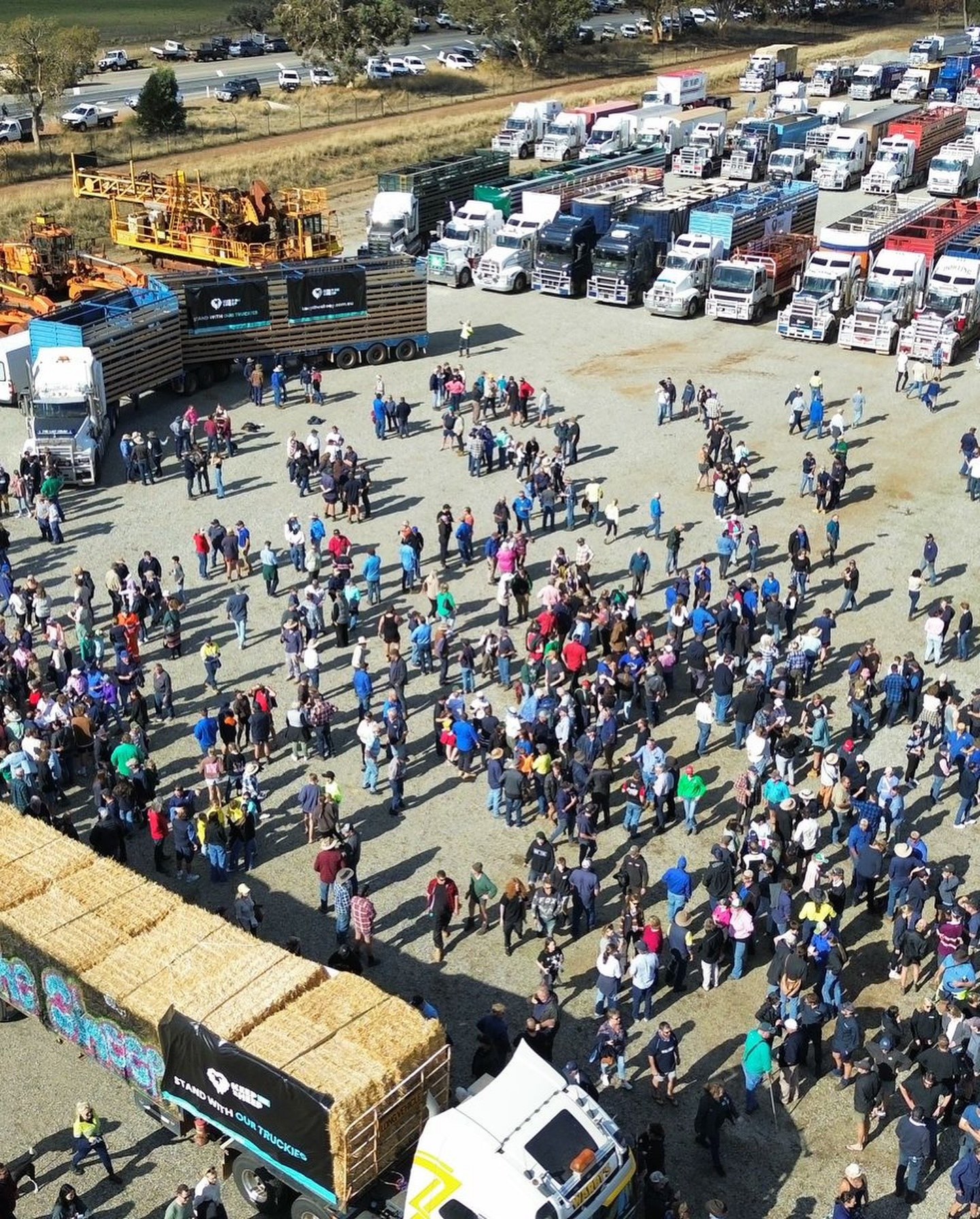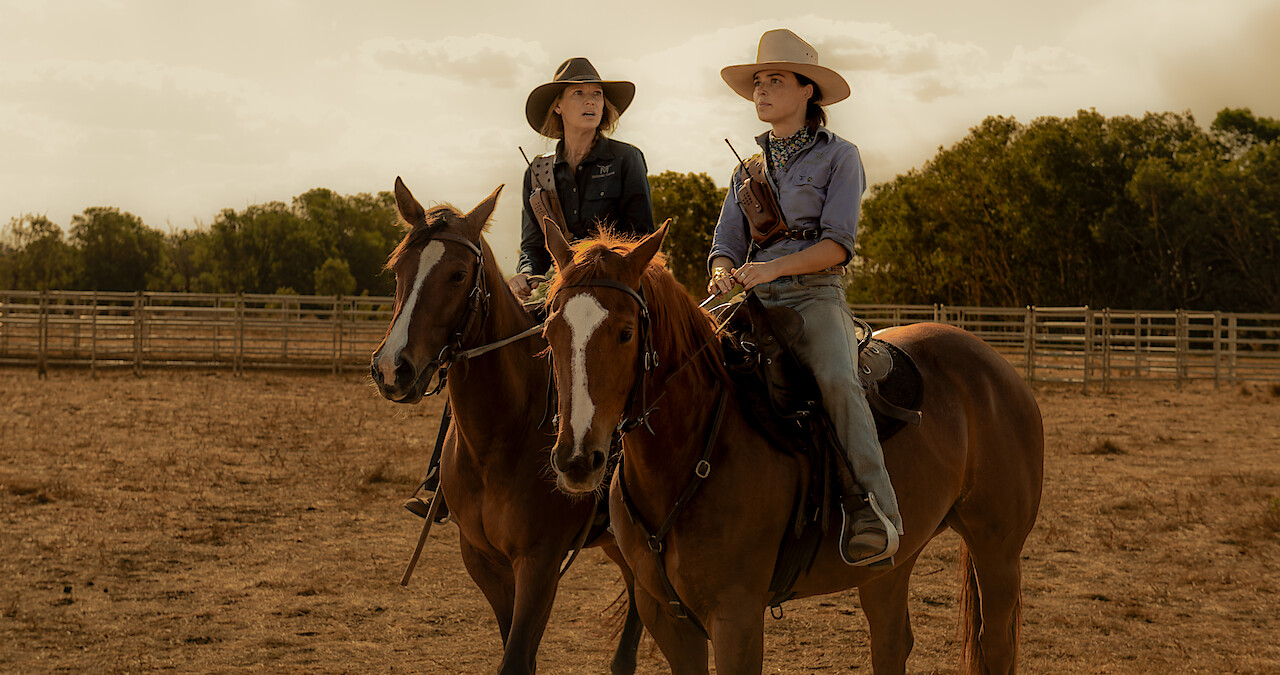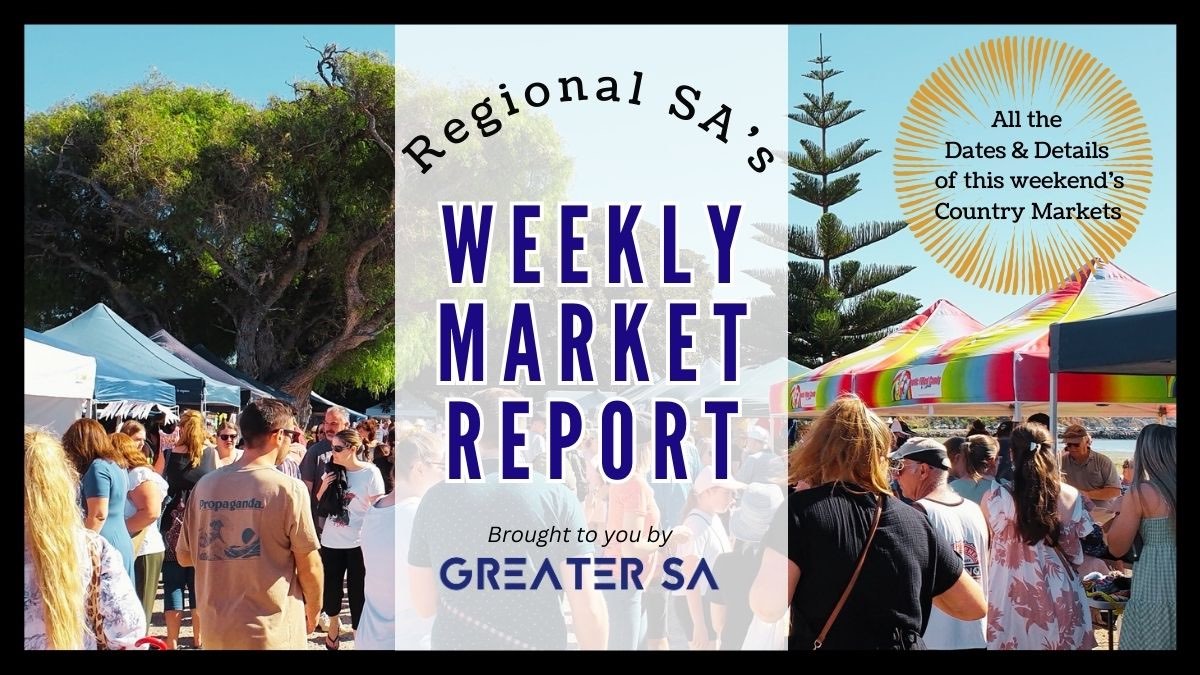World’s best practises, World’s biggest sheep exporter – Australian Government shuts down the country’s live sheep export trade

“99.9% of animals in excellent health on arrival”
“Australia is the best in the world in this growing live export trade,” he told Sky News Australia. “We set the standard everywhere. This trade has turned itself inside out. We are the exemplar. We are so good at what we do, that we can load sheep on a ship that have already been to the Gulf and back again once, and take them to the south of South Africa, up the Atlantic Ocean, through the Mediterranean to Israel, (and lose) 18 sheep out of 14,000. It’s extraordinary.”
Claims made by animal welfare groups are vastly different.
According to World Animal Protection – “Every year this barbaric trade continues, hundreds of thousands of Australian sheep will suffer unnecessarily during live export because of the unbearable conditions on board, and many die in transit. The extreme stress, illness and injury the animals endure can go on for journeys of up to 35 days. Many of those that survive the journey are handled roughly at their destination, killed while fully conscious and many suffer outright brutality.”
Livestock Collective Managing Director and Veterinarian, Holly Ludeman, backed up Tony Seabrook’s statement, saying Australia had made a huge impact on improving animal welfare standards right around the world.
Ludeman said Australia’s world’s best practises meant 99.9 per cent of animals were getting off at the other end of their journey in excellent health. She said significant improvements over recent years included not exporting live animals at certain times of the year when heat stress was an issue, increased space and improved ventilation systems, and vet’s and trained stock handlers on board at all times.
While Senator Murray Watt argues that processing sheep here in Australia will add value locally, support increased farm gate returns and create local jobs, the Middle Eastern market has a strong preference for live imports due to high fodder, water and meat subsidies provided by a number of Middle Eastern governments, the live sale practices in local markets and the demand for the animals to be slaughtered according to Halal practices.









